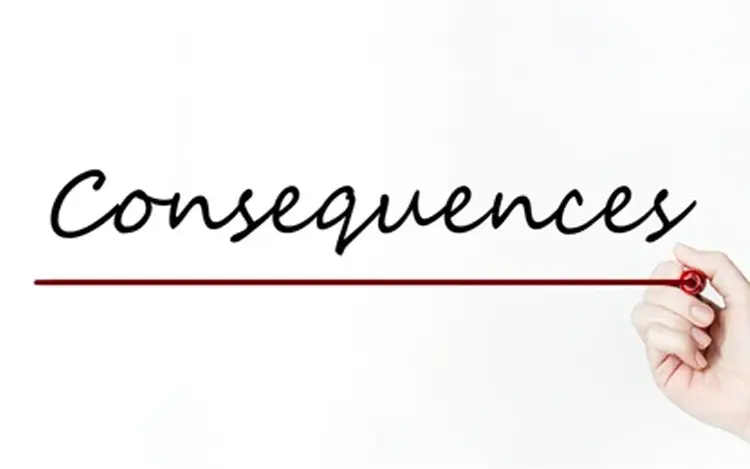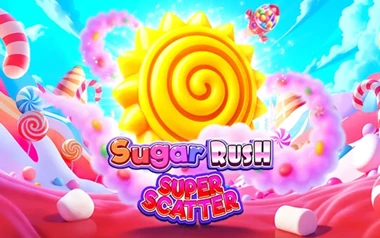A new frontier in digital gaming has emerged—one that’s colourful, competitive, and deceptively casual. Social gambling apps, which mimic the excitement of casino play without offering real-money winnings, have exploded in popularity across mobile devices and social platforms. From poker tables with animated avatars to virtual slot machines spinning on Facebook, these apps walk a razor-thin line between entertainment and gambling.
At first glance, they appear harmless. There’s no payout, no advertised stake, and players often use “gold coins” or “sweeps cash” instead of legal currency. But as engagement deepens and in-app purchases grow steeper, questions about legality, ethics, and psychological impact have begun to surface. How can something that doesn’t offer real winnings still feel like gambling? Why are regulators paying attention? And are these games slipping through the cracks of current laws?
This guide delves into the murky legal waters of social gambling apps, explains how they differ from regulated online gambling sites, and highlights why every player should be paying attention. It’s a topic as nuanced as it is timely—and one that reveals just how fast digital innovation can outpace legal frameworks.
What Exactly Are Social Gambling Apps?
Social gambling apps simulate casino games such as slots, poker, roulette, and bingo, but typically without offering direct cash prizes. Instead, players gamble with virtual currency—tokens, coins, chips—some of which can be earned through gameplay and others purchased with real money.
The absence of a real-money payout is the defining feature that allows these apps to skirt traditional gambling regulations in many jurisdictions. They are often marketed as “free-to-play” entertainment rather than gambling. But in practice, players can spend significant sums purchasing additional tokens, lives, or spins, all in pursuit of bigger virtual wins.
This hybrid experience—combining real-world spending with simulated gambling—creates a compelling loop that taps into the same psychological triggers as traditional casino games. Despite the lack of cash-out options, the emotional highs and lows, the risk-reward mechanisms, and the compulsion to keep playing all remain intact.
The Legal Grey Zone
Legally speaking, gambling is typically defined by three elements: consideration (a wager or cost to play), chance (random outcomes), and prize (a reward of value). Social gambling apps often eliminate one of these—usually the “prize”—to avoid falling under gambling laws. But the waters get murkier when virtual prizes can be exchanged through third-party sites or when apps offer promotional sweepstakes that blur the lines.
In the UK, the Gambling Commission has clarified that if a product doesn’t allow players to win something of monetary value, it may not qualify as gambling under the law. However, concerns have been raised over the targeting of vulnerable individuals, the potential gateway effect to real-money gambling, and the aggressive monetisation tactics used within these platforms.
Some countries, such as Australia and parts of the United States, have begun to challenge the status quo, with lawsuits and legislative proposals aiming to treat certain social casinos as gambling operations. Yet enforcement remains patchy, and the global digital landscape makes standardisation extremely difficult.

The Legal Grey Zone
The Psychological Risks
Even without a payout, social gambling apps can trigger addictive behaviours. Their design mimics the mechanisms of real casinos: flashy graphics, variable rewards, countdowns, and social leaderboards. These features encourage players to keep spinning, betting, or playing—often for hours at a time.
When players spend money on in-app purchases, the stakes become psychologically real, even if they’re not economically tangible. Losing £100 worth of virtual tokens may not seem like gambling to the app developer, but to the player, the emotional and financial loss is genuine.
This blurring of perception is particularly concerning among younger audiences and those less familiar with gambling safeguards. Many social gambling apps are not age-restricted, making them accessible to minors. The result is a gamified experience that can normalise gambling-like behaviour long before a person enters a real online casino.
How They Differ from Regulated Online Gambling Sites
One of the starkest contrasts between social gambling apps and licensed online gambling sites is regulation. Platforms operating under the UK Gambling Commission are held to strict standards: age verification, responsible gambling tools, fairness auditing, and transparency in payouts and terms.
In contrast, social gambling apps—often headquartered outside of major regulatory jurisdictions—operate with minimal oversight. They are not required to disclose odds, offer spending limits, or provide support for problem gambling. They also avoid contributing to tax revenues or responsible gambling initiatives.
Players on online gambling sites can expect a certain level of protection, including the ability to self-exclude, access dispute resolution services, and play within defined legal parameters. With social apps, that safety net is usually absent, leaving users exposed to potential harm under the guise of harmless fun.
Why It Matters and What to Watch Out For
The rise of social gambling apps is more than just a trend—it’s a challenge to how we define, regulate, and understand gambling in the digital age. These apps have monetised the thrill of casino play without the regulatory responsibilities that accompany real-money gaming. For many players, that’s a recipe for exploitation.
When assessing a social gambling app, look beyond the friendly animations. Ask whether you’re encouraged to spend money, whether gameplay mimics real gambling, and whether there are meaningful safeguards in place. If the emotional response you’re having mirrors gambling, then the app’s impact may be closer to the real thing than it appears.
Regulators are beginning to take notice, but enforcement is inconsistent. Until stronger global standards are in place, player awareness remains the best defence against deceptive or risky digital experiences.

Blurred Lines, Real Consequences
Blurred Lines, Real Consequences
Social gambling apps have capitalised on a loophole—offering all the tension and reward of gambling without the scrutiny that real-money platforms endure. For many, they offer a harmless escape. For others, they represent a psychological trap dressed in playful colours and harmless branding.
The legal ambiguity that surrounds these apps isn’t just a bureaucratic oversight—it’s a consumer protection issue. When spending money leads to emotional highs and losses, the line between game and gamble is effectively erased. And unlike regulated online gambling sites, these apps often operate without the transparency, oversight, or safeguards that protect players.
As the digital gambling landscape continues to evolve, understanding where play ends and risk begins is more important than ever. If you're seeking fair, responsible, and regulated options in the gambling world, let Gambling Zone guide you to the most secure and reputable online gambling sites—where the rules are clear, and the protections are real.








